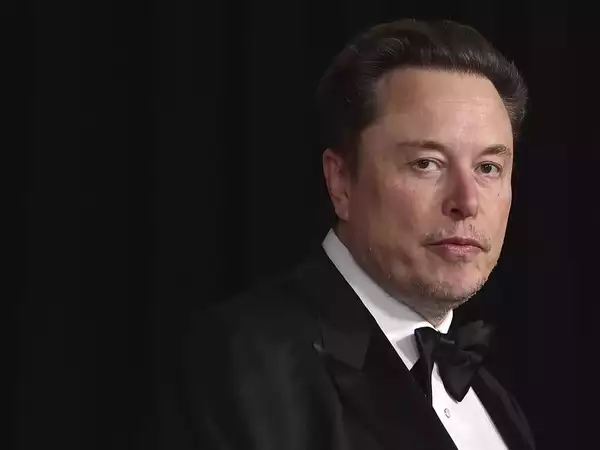How Elon Musk’s $44.9B Tesla Compensation Stacks Up Against Other Top U.S. CEOs
In the world of executive compensation, few figures are as eye-catching as Elon Musk’s. Despite the median U.S. CEO pay package being nearly 200 times more than a typical worker within their company, Musk’s record-setting $44.9 billion Tesla pay package dwarfs them all. This blog post will delve into how Musk’s compensation compares with other top U.S. CEOs and what it means for the broader conversation about executive pay and income inequality.
The Scale of Musk’s Compensation
Elon Musk’s $44.9 billion pay package, awarded primarily through stock options tied to Tesla’s performance, is unprecedented. This compensation structure aligns Musk’s interests with those of shareholders, rewarding him for significant growth and milestones achieved by Tesla. However, it also sets him apart in a league of his own when compared to other CEOs.
Median CEO Compensation
In contrast, the median U.S. CEO pay package in 2023 was around $15 million, according to data from major corporate governance reports. This figure already represents a vast disparity compared to the median worker pay, highlighting the growing gap in corporate America. CEOs of major companies like Apple, Amazon, and Microsoft, while earning substantial sums, still fall significantly short of Musk’s total earnings.
Top U.S. CEO Pay Packages
To provide context, here are some of the most generous CEO compensation packages in recent years:
- Tim Cook (Apple): Approximately $99 million in 2022, largely through stock awards and performance incentives.
- Andy Jassy (Amazon): Around $212 million in 2021, primarily stock-based.
- Satya Nadella (Microsoft): Roughly $50 million annually in recent years, with a mix of salary, bonuses, and stock options.
While these figures are substantial, they pale in comparison to Musk’s $44.9 billion. The magnitude of Musk’s compensation underscores the unique success and rapid growth of Tesla, which has transformed from a niche electric car manufacturer into a major player in the automotive and energy sectors.
Implications for Executive Pay and Income Inequality
Musk’s compensation package raises important questions about executive pay and income inequality. Critics argue that such large sums are excessive, especially when compared to the pay of average employees. They advocate for greater regulation and transparency in how executive compensation is determined.
Supporters, on the other hand, argue that Musk’s compensation is justified by his role in Tesla’s extraordinary growth and innovation. They point out that his pay is closely tied to performance metrics, which incentivize success and align his interests with those of shareholders.
Conclusion
Elon Musk’s $44.9 billion Tesla pay package sets a new benchmark for executive compensation, far surpassing the already high earnings of other top U.S. CEOs. As we continue to navigate discussions around income inequality and fair pay, Musk’s compensation serves as a focal point for debates on the balance between rewarding innovation and maintaining equitable pay structures within companies.
By examining Musk’s compensation in the broader context of U.S. executive pay, we gain a deeper understanding of the complexities and implications of how top leaders are rewarded in corporate America.

